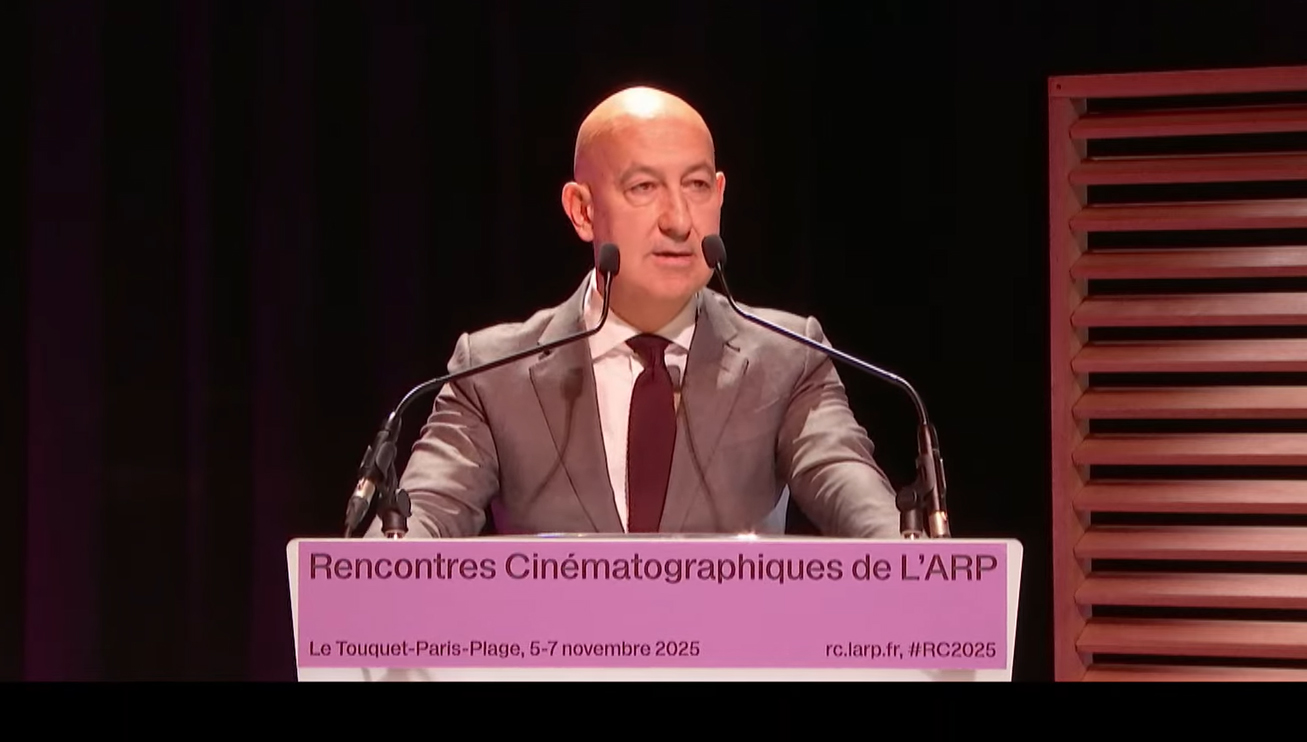The EFAD denounces the fact that the European Commission’s proposal still lacks clarity and could lead to contradictory interpretations.
The EFAD also regrets that while the field of Communication has been expanded, it still doesn’t include video on demand, video games and cinematographic exploitation, thus reflecting a reduced vision of audiovisual activities.
Above all, the EFAD questions the relevance of new rules aiming to reduce the requirements concerning the territorial breakdown of expenses included in the current aid systems. Such limitations would in fact reduce or even eliminate the leverage effect of national aid and discourage public authorities from supporting the sector. The EFAD regrets that the Commission did not take its own impact study into account, which showed that the current aid systems have no negative impact in terms of the production and circulation of European films.
They also emphasize that the Commission’s proposals in regressive aid for non-European films would cause the European area and its industries to be less attractive, and that the proposed definition of European works raises issues.
For the EFAD, the European Commission is calling into question the entire community audiovisual policy as its proposals are both in contradiction with its own audiovisual aid program MEDIA as well as with the national aid systems.
The EFAD thus requests that the European Commission not modify its current framework so long as it has not adopted a more thorough approach that reflects a shared vision with Member States concerning culture and the specific nature of the sector.
According to Eric Garandeau: “We must acknowledge the European Commission’s intentions to revise the ‘Communication cinema’ guidelines in a transparent, cooperative manner, and commend its desire to bring greater legal security to an expanded field of cinematographic and audiovisual activities. Nonetheless, we don’t understand the need to challenge the rules that are unanimously accepted in the profession. We deplore the fact that the submitted proposals risk to undermine our aid systems and disturb the fragile balance of our sector. The consequences that this may have on the strength and reach of our shared cinematographic culture could be drastic.”
Context:
Since 2001, the EFAD meets three times a year (at the San Sebastian, Berlin and Cannes Festivals) in order to discuss shared issues concerning the cultural and cinematographic policy in Europe. One of its goals is to coordinate the various policies of European CNCs and speak with one voice before community institutions and partners outside the sector.
Cinema Communication includes the guidelines used by the European Commission to assess the compatibility of national aid systems with the Treaty and community rules in terms of State aid. The new Cinema Communication project aims to replace the current rules which date back to 2001. Disclosed in March 2012 and currently being studied through a consultation process scheduled to end in mid-June, it should be published at the end of the year. It will go into effect immediately.
Press Contact:
Ingrid Raison
Paris Tel.: 01 44 34 13 61
Cannes Tel: 04 92 99 82 69
Mobile: 06 86 20 35 34
photos : Agence Cathy Berg / Eric Bonté / CNC









